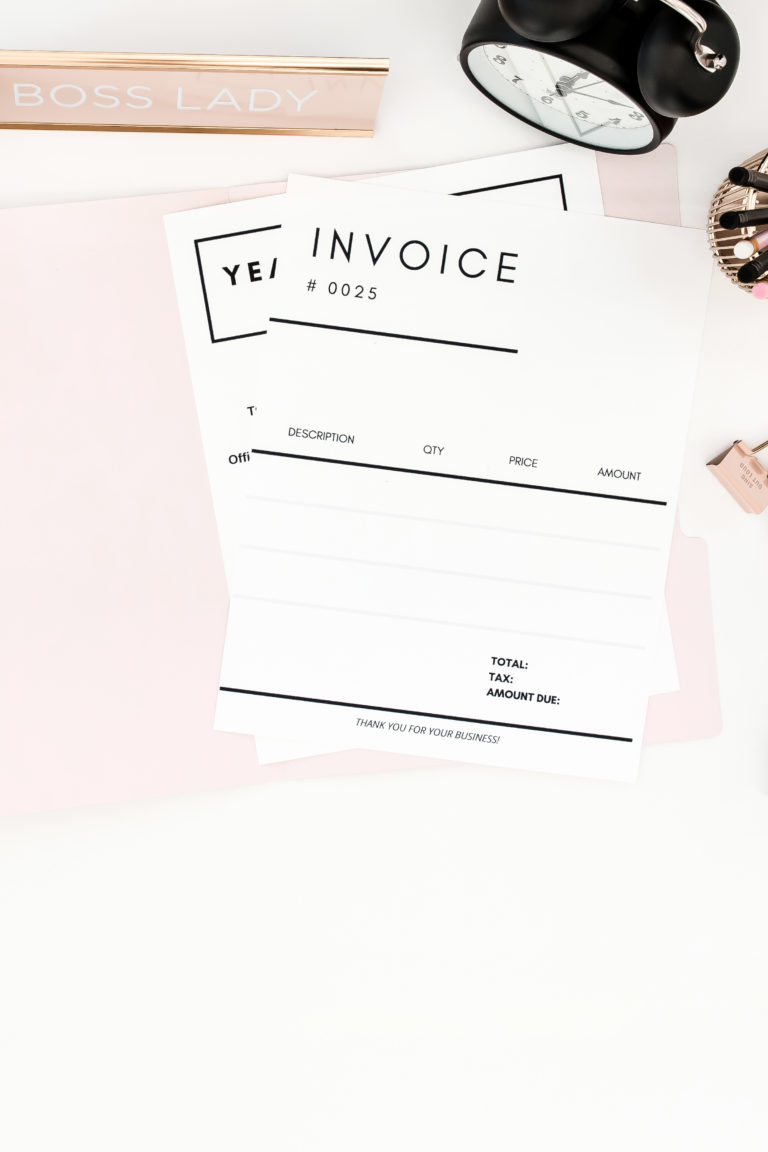Which Business Structure is Right for Your Biz?
Whether you’re a new or seasoned business owner, evaluating your business structure should be on your radar. It’s a hot topic and one of my most frequently asked questions!
How do you determine which one is best for you? I’ve outlined the types and differences of each to help you make your decision. Remember, there are pros and cons for all of them. So, let’s explore the ins and outs of running your show as a Sole Trader, Company or Partnership.

Sole Trader: What You Need to Know
Setting up as a sole trader is a straightforward process. You’ll have complete control of your business and any profits generated. You’ll also be responsible for any debts. You’ll need to declare all earnings (profit) as personal income and will be taxed accordingly. If you’re a one-person operation, a sole trader setup is a straightforward & popular choice.
While the simplicity of this structure is enticing, it does have its downsides. For example, you and your assets are at risk if things go wrong. You can’t split your business profits or losses and you are personally liable to pay tax on all income.
While the sole trader structure is a great option for small, low-risk businesses, many entrepreneurs may eventually outgrow its limitations. This is where the company structure comes in.

Company: The Pros and Cons
Creating a company separates your finances from those of the business, giving you more protection against debts and other legal issues. Along with this added protection, you’ll have a little more leverage when it comes to securing loans and expanding your business. But like with all good things, there are things to consider before you leap.
For example, companies can be expensive and complicated to set up. You must comply with all responsibilities under the Corporations Act 2001. You’ll need to appoint at least one Director (usually, you the founder), who will need to complete a declaration of solvency each year. And get a Directors Id Number. Income (profit) is earned by the company, which means a separate company tax return needs to be lodged each year.
Now that the company is a separate entity from yourself, you also don’t have full control to take money out anytime you like. Depending on what funds you’ve put into the business, you’ll likely need to go onto wages and become an employee of your company – which will initially feel like a con, but is actually a huge pro!
It’s common to move to a company structure when the business has grown substantially and it makes more sense to funnel your operations and financial liability away from you as an individual entity.

Partnership: Collaborating for Success
Partnerships don’t get as much airtime as company structures. A partnership is a business structure made up of 2 or more people who then distribute income and liabilities between themselves. By collaborating with another person or company, you can share resources, split responsibilities, and bring in new skills and perspectives.
However, partnerships come with their own set of pros and cons, and it’s important to carefully consider whether this structure is right for your business. Setting up a partnership is easy, inexpensive, and comes with minimal reporting requirements. The partnership get’s it’s own ABN, and each partner will pay tax on their share of the net income (profit) received. Each partner is responsible for its super. Look at it like a dual sole trader arrangement.
The downfall? Trust and communication need to be airtight. Disagreements and conflicts can arise, and it’s important to have a clear legal agreement in place for how to handle these situations. I know someone who can hook you up there, my good friend Tracey at TM Solicitor!

Reasons For Changing Your Business Structure
If any of the below apply to you, it might be worth changing how you do business:
- You’d like to take on a business partner
- You’re buying an existing business and need to change the current business structure
- Financially, it’s smarter for you to change your structure
- You’ve experienced rapid growth and your current structure doesn’t facilitate it
- You’re simplifying your business and need a less complicated business structure
Each option – sole trader, company or partnership – has its own set of advantages and disadvantages. By considering factors such as financial implications, tax differences, and long-term goals, you can make the right decision for you. You can get up-to-date advice from your trusty advisory team – your bookkeeper, accountant and solicitor. They’ll look at your business holistically and help you determine the perfect structure for you.
We can guide you through the process. Contact us to find out more!






